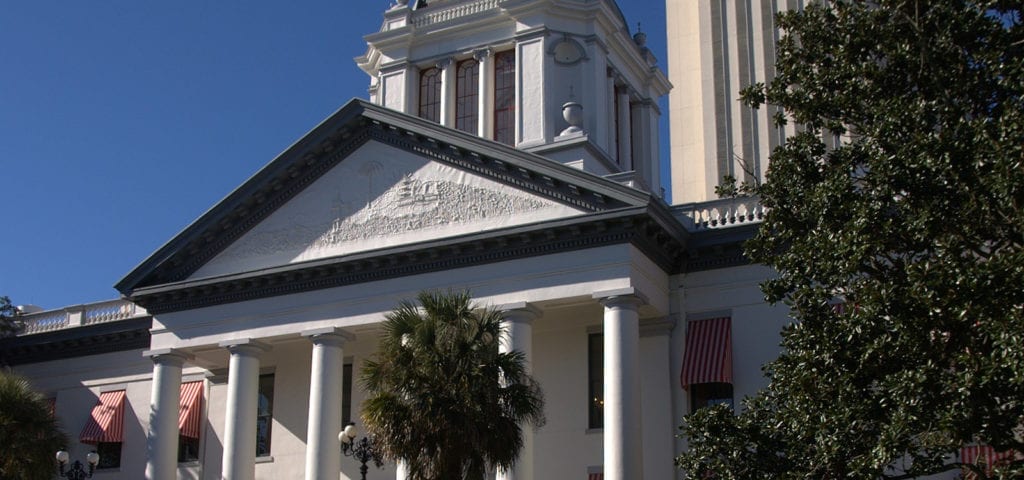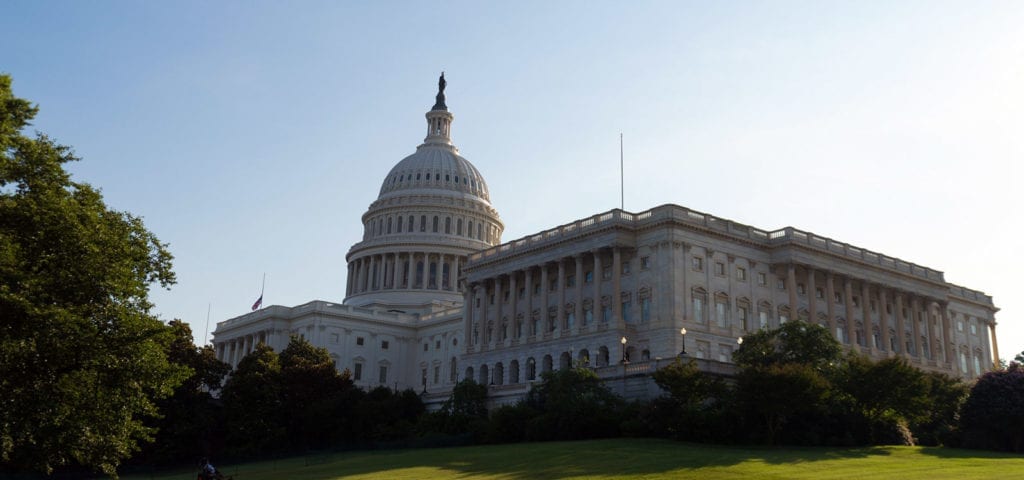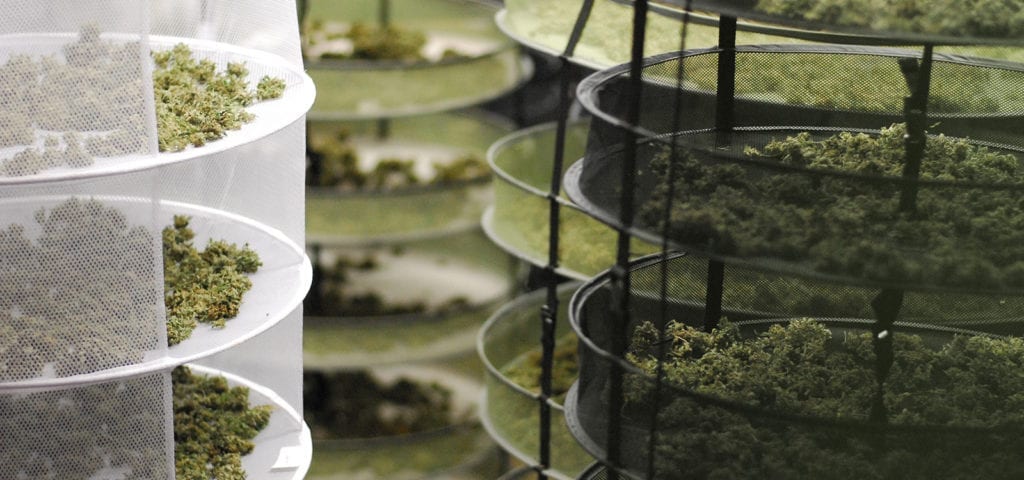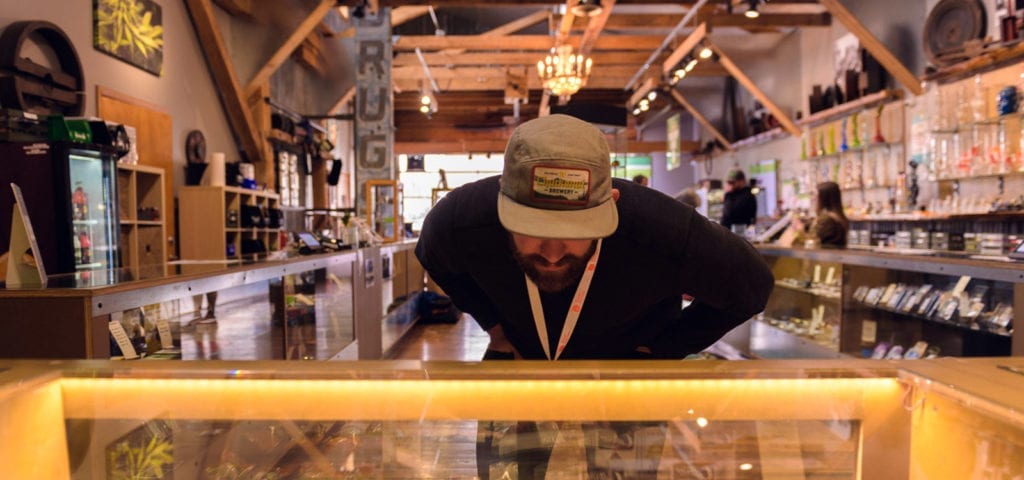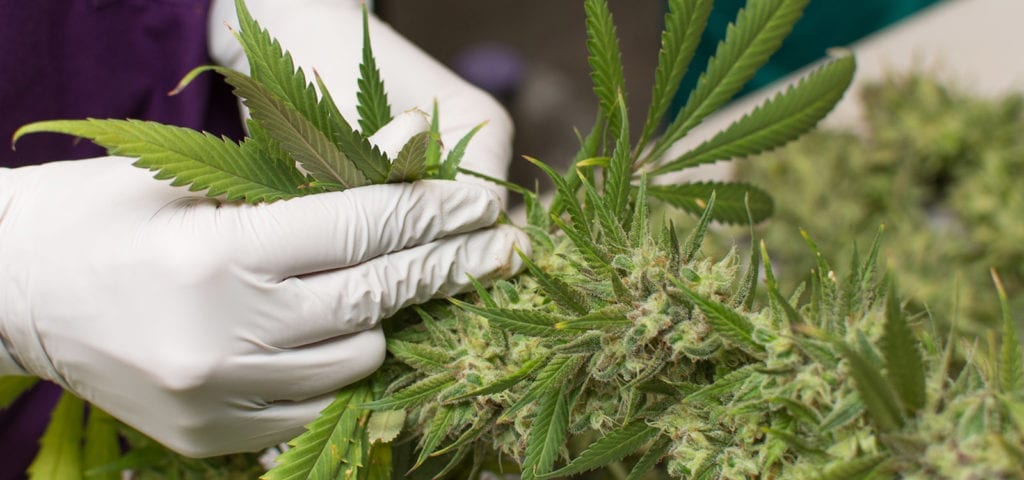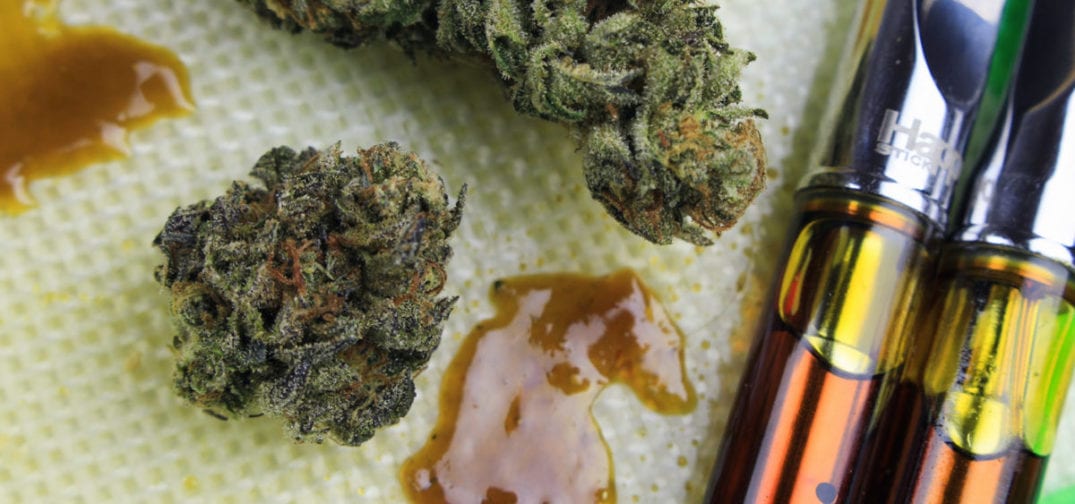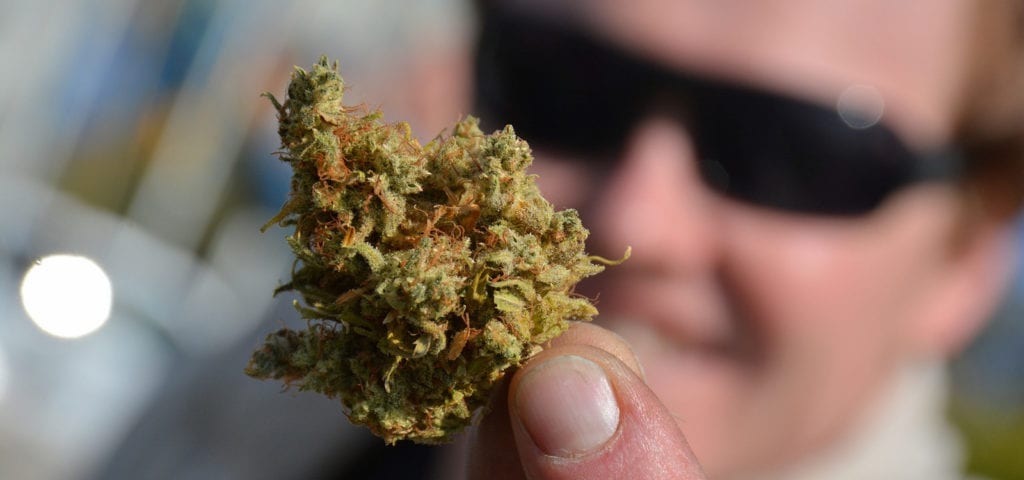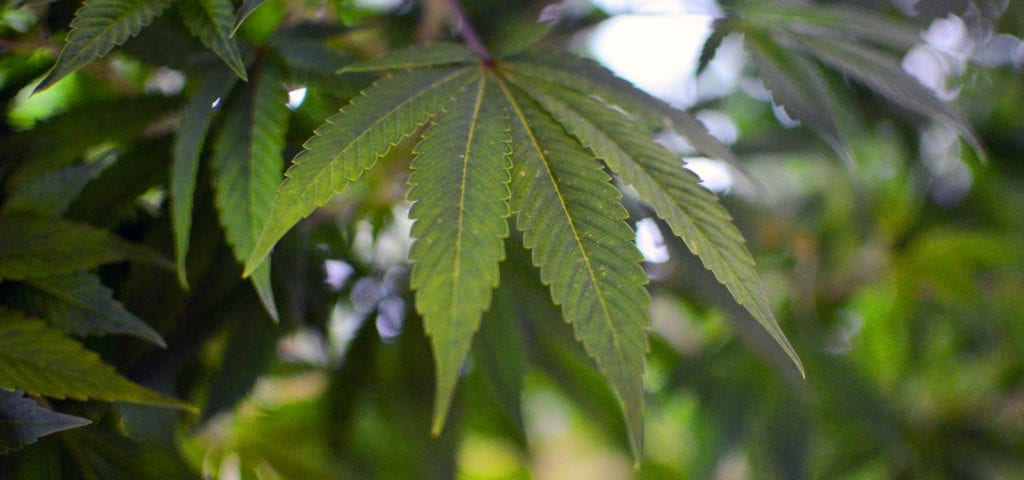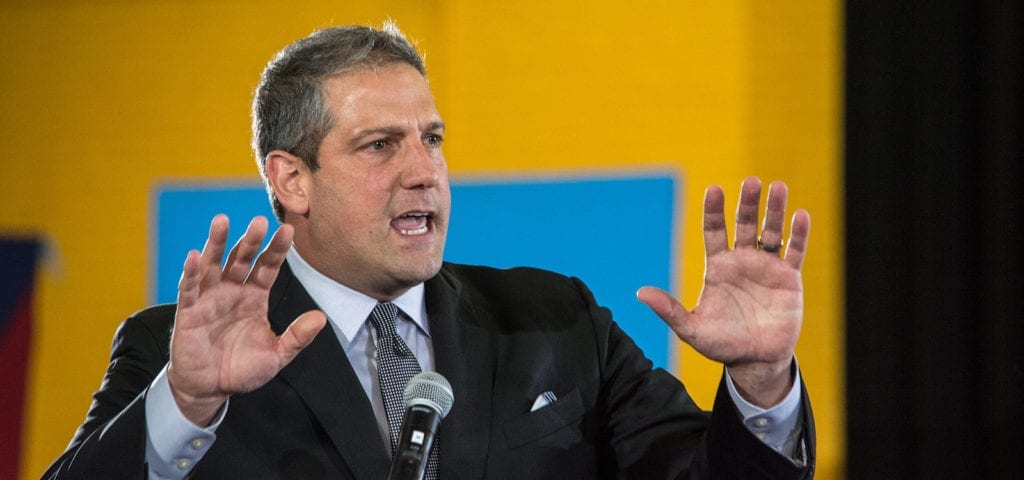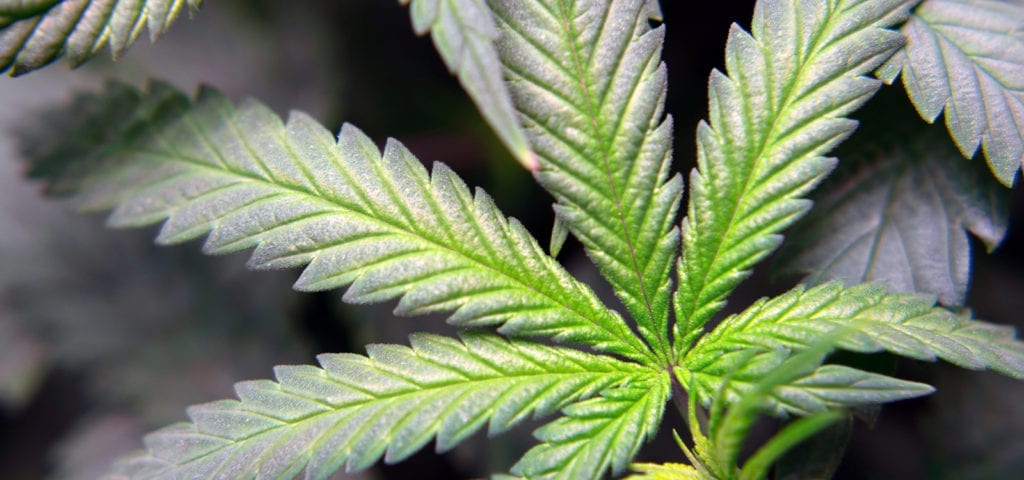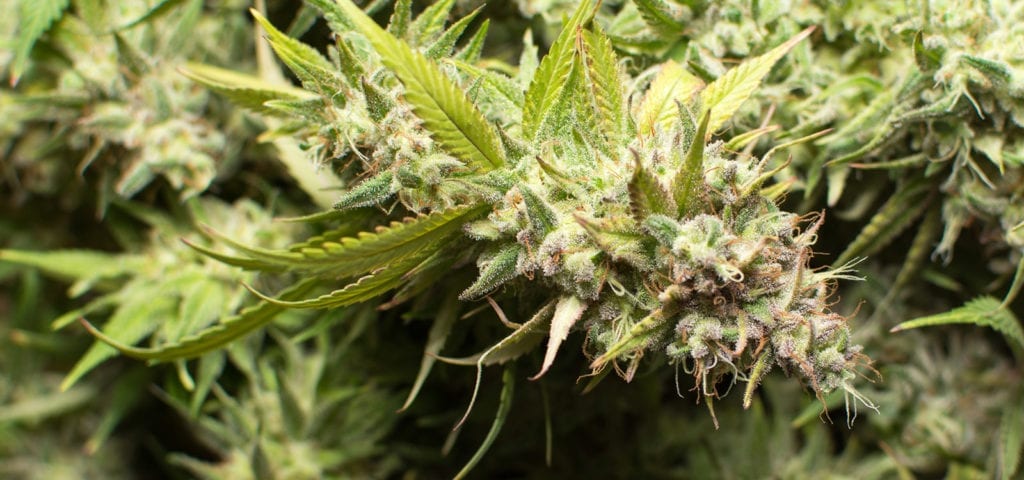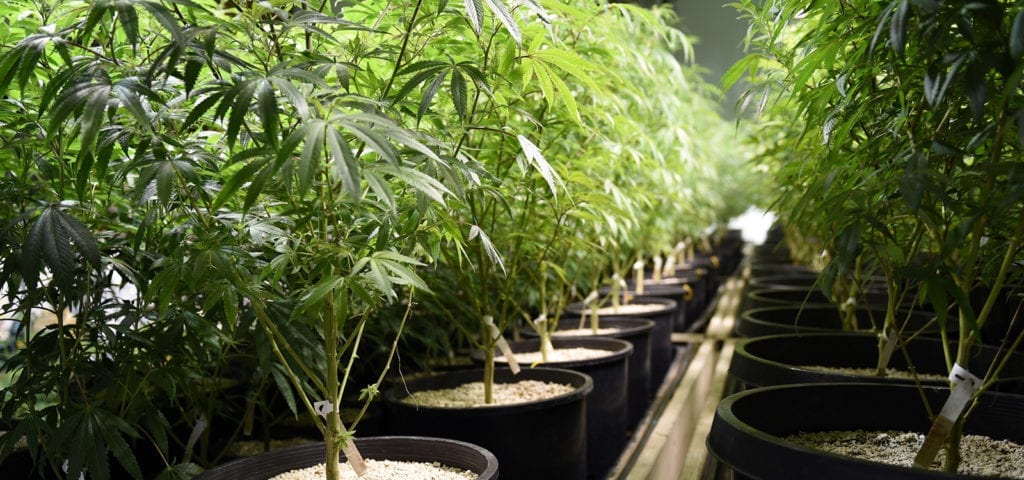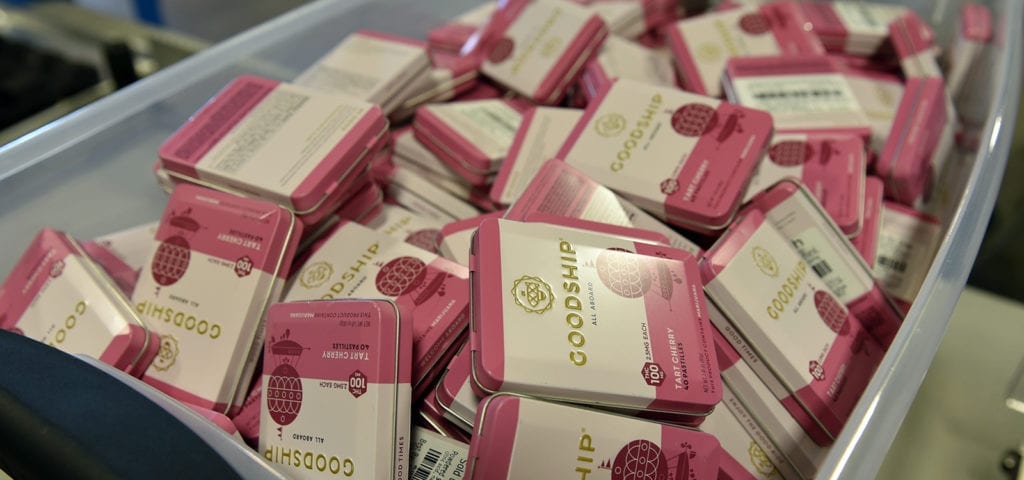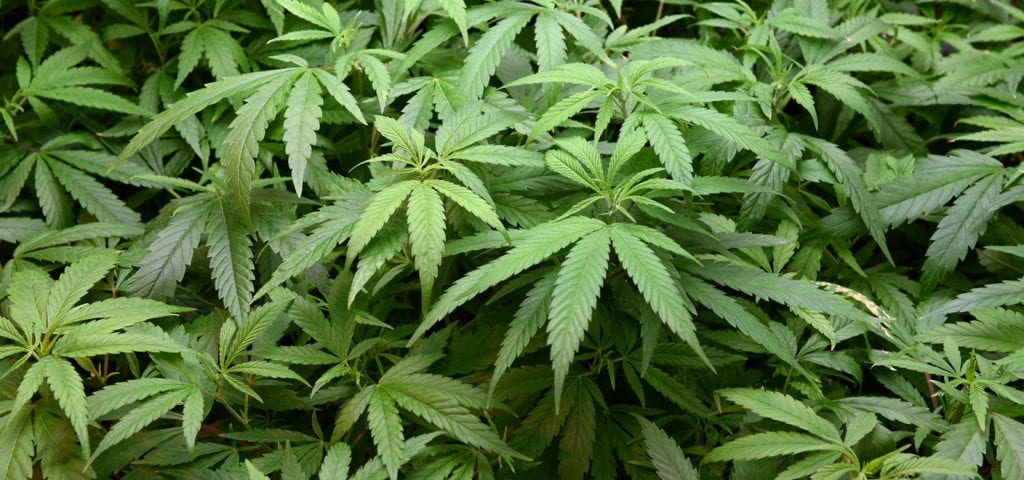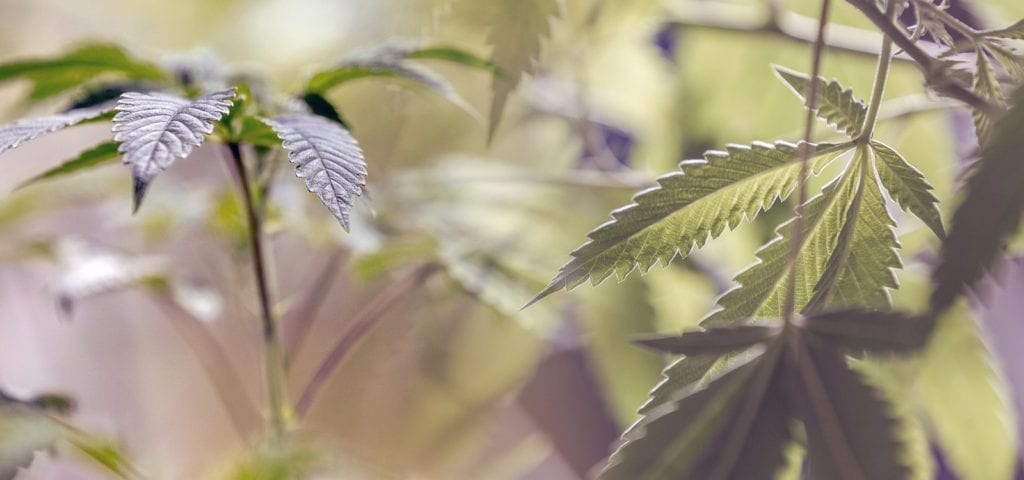Using a new public offering exemption called “Regulation A,” High Times has started selling shares of its corporation direct to non-institutional investors, according to the magazine’s investor site.
High Times has been trying to go public for more than a year. In a confusing series of announcements, the company has reportedly attempted multiple routes to listing on a public exchange. Most notably, in July 2017 the High Times Holding Corporation entered into a $250 million merger deal with Origo Acquisition Corporation — but that deal is still pending. Origo obtained permission from its stockholders to extend the deadline for closing the deal in June, pushing the date to September 12th, 2018.
The goal was to begin trading under Origo’s existing public ticker symbol, ORAC. There has been speculation about whether the NASDAQ exchange would even allow the move but, as the deal has yet to close, nothing is yet proven. However, NASDAQ has voiced concerns over issues with the High Times and Origo merger and has twice attempted to remove the company from the exchange based on technicalities.
Since 2016, High Times has struggled to manage debt created during several rounds of acquisitions and mergers. The company has been focused on fundraising to meet its financial obligations since the start of the Origo deal. High Times desperately needs at least $12.7 million for an upcoming August repayment deadline for a loan taken from Ex Works Capital.
Enter the SEC’s “Regulation A” exemption. Regulation A, or Reg A, is an exemption for public offerings from companies in amounts of $50 million or less raised over one year. Reg A allows companies to sell stock directly to the public, not on an exchange. This allows non-institutional investors to essentially crowdfund a corporation, and the Reg A offering might help the company raise money quickly enough to repay Ex Works Capital.
High Times still plans to list on the NASDAQ at a later date.
End

